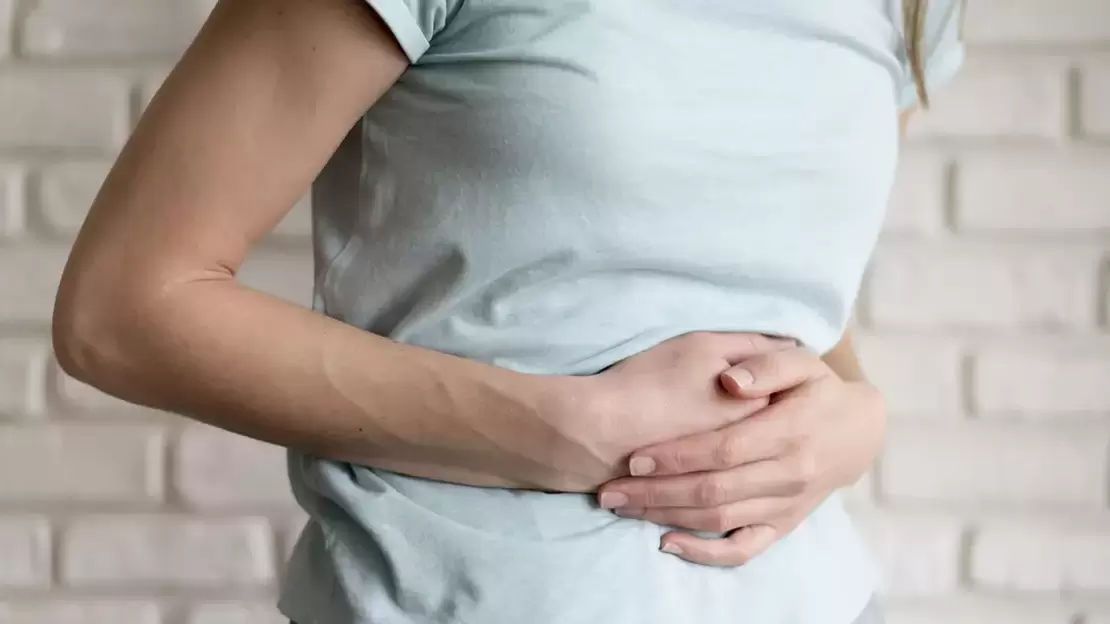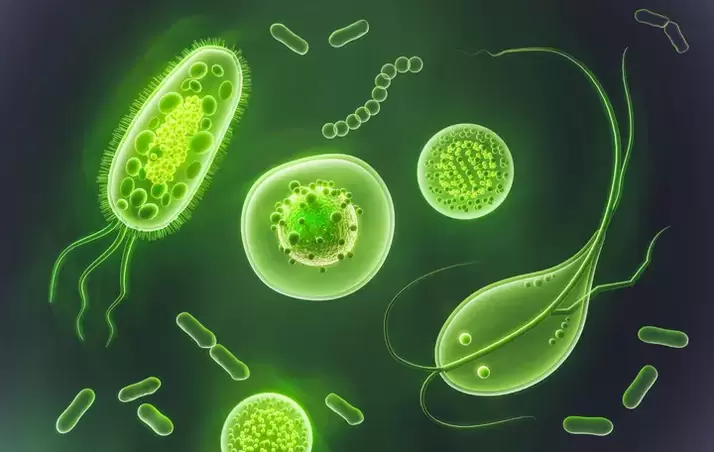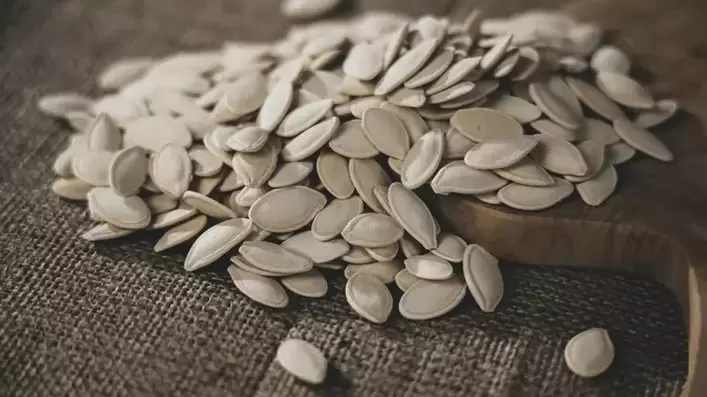
Intestinal parasitic infections are widespread almost all over the world. Two types of parasites can live in the human body: helminths and protozoa. Helminths are multicellular worms. Nematodes (roundworms), cestodes (tapeworms) and trematodes (flatworms) are among the most common helminths in the human intestine. Normally, helminths do not reproduce in the human body. Protozoan parasites, consisting of only one cell, multiply in the human body.
Parasitic infections caused by intestinal worms and protozoan parasites are among the most common infections among people in developing countries. In developed countries, protozoan parasites cause gastrointestinal infections more often than helminths. Although the mortality rate from these infections is relatively low, complications occur frequently and many cases require hospital treatment, explains the WHO (World Health Organization).

According to the head of the parasitology laboratory, Rashidul Haque, the most common protozoan parasites in the intestine are:
- Giardia intestinalis;
- Entamoeba histolytica;
- Cyclospora cayetanensis;
- Cryptosporidium spp.
The diseases caused by these intestinal protozoan parasites are known as giardiasis, amebiasis, cyclosporiasis and cryptosporidiosis respectively and their symptom is diarrhea.
How to find out if there are parasites in the body? Watch out for these symptoms:
- nausea;
- loss of appetite;
- Diarrhea;
- Stomach pain;
- weight loss;
- general weakness.
In addition, tapeworms cause:
- lumps under the skin;
- allergic reaction;
- high temperature;
- neurological problems such as seizures.
In many cases, parasites in the body are asymptomatic. Signs of their presence may take weeks or months to appear. However, if you have any symptoms, you should consult a doctor. Parasites can cause damage throughout the body, from the brain to the liver.
Parasites contribute to inflammation, weakening of the immune system and activation of autoimmune diseases. Because parasites interfere with the absorption of nutrients, they interfere with the normal growth and development of children. Worms lead to anemia, intestinal obstruction and can affect other organs.
Ways to combat parasites
Some types of parasites leave the body on their own and do not require treatment, writes Dr. Minesh Khatri. In other cases, the doctor prescribes over-the-counter medications that quickly address the cause of the problem. Infections caused by parasites are more difficult to treat.
How to cleanse the body of parasites with folk remedies? The author of a book about parasites, Anastasia Fadeeva, writes that the easiest way is to drink 10 glasses of salt water within an hour. Salt water is not absorbed into the intestinal walls like normal water, but rather removes fluid from it. In this way, harmful deposits and parasites are removed at the same time, as salt water has a laxative effect.
Such cleansing is contraindicated for stomach ulcers, dysentery, diarrhea, acute colitis and colon cancer. To cleanse the colon, it is recommended to do an enema with boiled water, apple cider vinegar and lemon juice (citric acid). You need 2-3 liters of water.
What should you eat to remove parasites from your body? According to nutritionist Katie Wong, parasites are sensitive to:
- barberry;
- pumpkin or papaya seeds;
- Garlic
Combining a high-fiber diet with colon cleansing supplements is effective for colon cleansing. These supplements include psyllium, beet and flaxseed. However, these products should not be used as medicine. It is better not to use them to treat children.

Treat children according to your doctor's recommendations; At home it is important to pay attention to their diet. There is evidence that a diet rich in vitamin A and the minerals selenium and zinc can improve the body's natural defenses against parasites. It is also important to drink more kefir and yogurt that contain probiotics, avoid raw meat and fish, and eat carrots, sweet potatoes and zucchini (contain beta-carotene).
Parasites harm both adults and children. They disrupt metabolism, impair the absorption of nutrients and cause infections. Some types of parasites leave the body on their own. However, if you notice symptoms, consult a doctor and do not experiment with folk remedies.
Attention! The material is for informational purposes only. You should not resort to the treatment methods described here without first consulting your doctor.








































